“Man-made” and “natural” do not always go hand-in-hand.
However, sintered stone is a material that incorporates both in a unique and valuable product.
Sintered stone is specifically engineered to create a new stone product that is still made of fully natural materials. Various sintering methods have been used for thousands of years to create materials like bricks, ceramics, and iron. However, today’s technology has enabled us to reach beyond these processes to bring about new and exciting materials for designers - like sintered stone.
We took a deeper look at the benefits of sintered stone with a close Swatchbox partner, Lapitec.
What is Sintered Stone?
Lapitec sintered stone uses a vacuum vibro-compression technology through a patented process. The high heat and pressure utilized in the manufacturing process are able to bind the natural materials with no resins or binders, resulting in a true sintered stone. Because it is made from exclusively natural minerals, it is also a sustainable product. Its highly compact nature and sustainable manufacturing process make sintered stone a popular choice for designers.
The homogeneity and non-porousness of Lapitec make it ideal for a variety of uses. Plus, unlike other stones that require blocks to be dug and harvested in invasive ways, the production of Lapitec does not leave heavy environmental impacts like quarries.
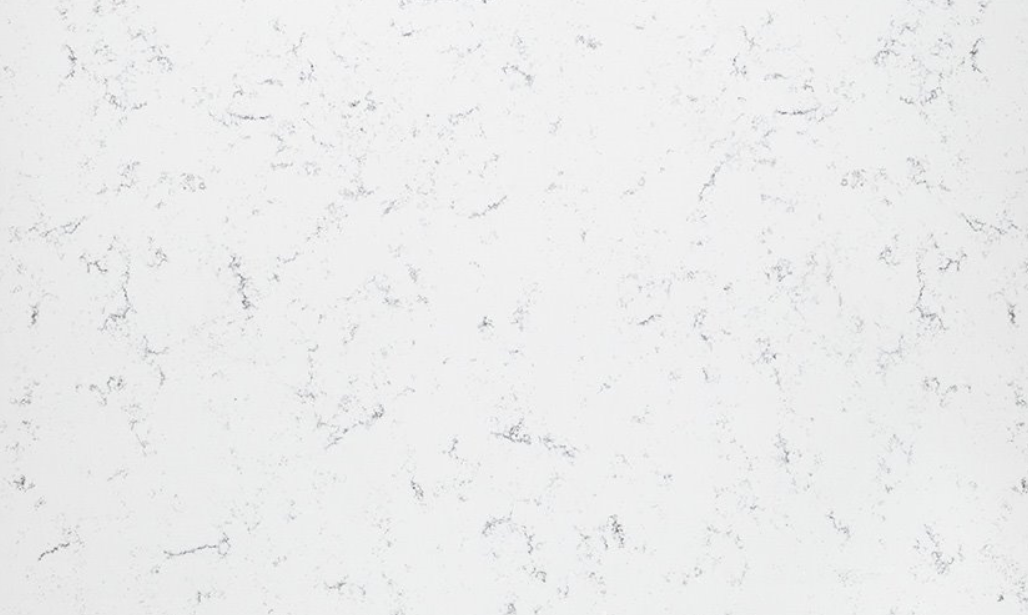
Sintered Stone vs. Marble
The beauty of marble has made it a top contender in the design world for decades, but it is well-known that marble is not exactly a low-maintenance option.
Compared to marble, Lapitec is a more compact and uniform product. The sintering process creates a material that is both extremely durable and highly resistant to stains, scratches, and other forms of damage.
In comparison, marble is more porous and susceptible to staining and damage. Additionally, marble is often more expensive and difficult to maintain than sintered stone. Because of its durability and low maintenance requirements, sintered stone is now frequently chosen over marble for a wide variety of applications.
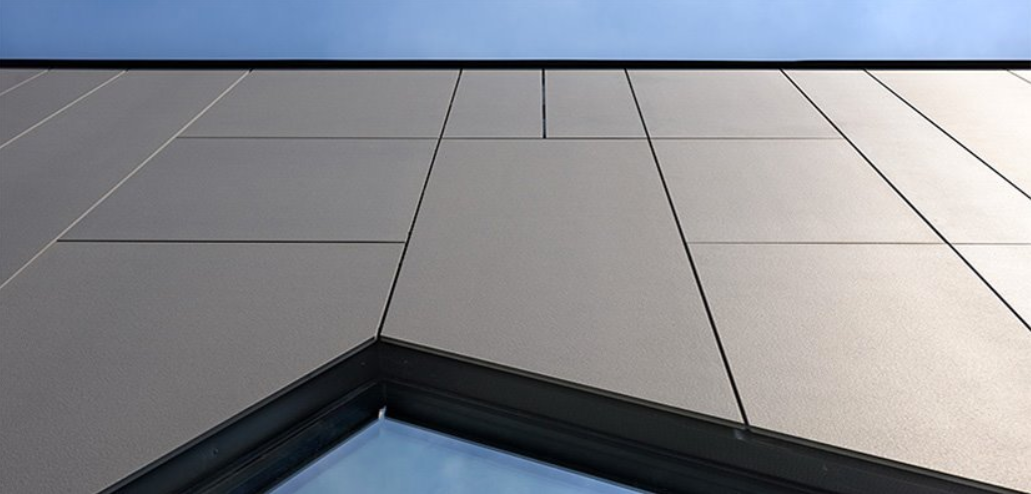
Additional Benefits of Sintered Stone
Because Lapitec sintered stone is engineered, it can be made in a variety of sizes, making it ideal for use in large formats.
Plus, its density creates several useful properties, like scratch resistance, temperature tolerance, ease of cleaning, and stain resistance. Unlike natural stones, Lapitec is not damaged by pollutants and does not require any surface treatments.
This sintered stone is manufactured in slabs measuring over 5 square meters, allowing it to be cut and worked in a variety of ways to suit a wide range of projects.
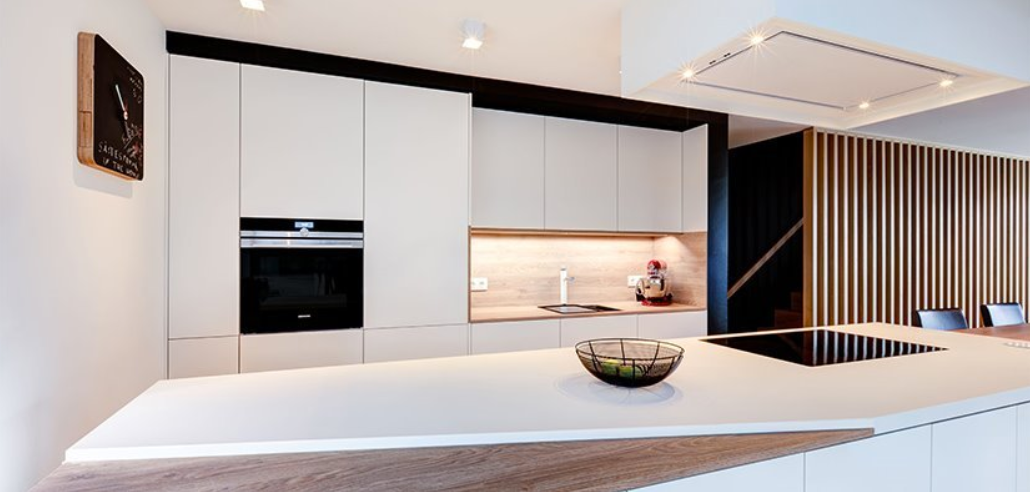
Applications of Sintered Stone
Many builders and designers are utilizing sintered stone in the kitchen. It is attractive because of its beautiful and refined finish, but it also offers high performance with minimal maintenance. Marble and other natural stones often fall short in the kitchen because they cannot withstand high temperatures and are susceptible to staining and damage. Lapitec offers that classic luxury look with durability.
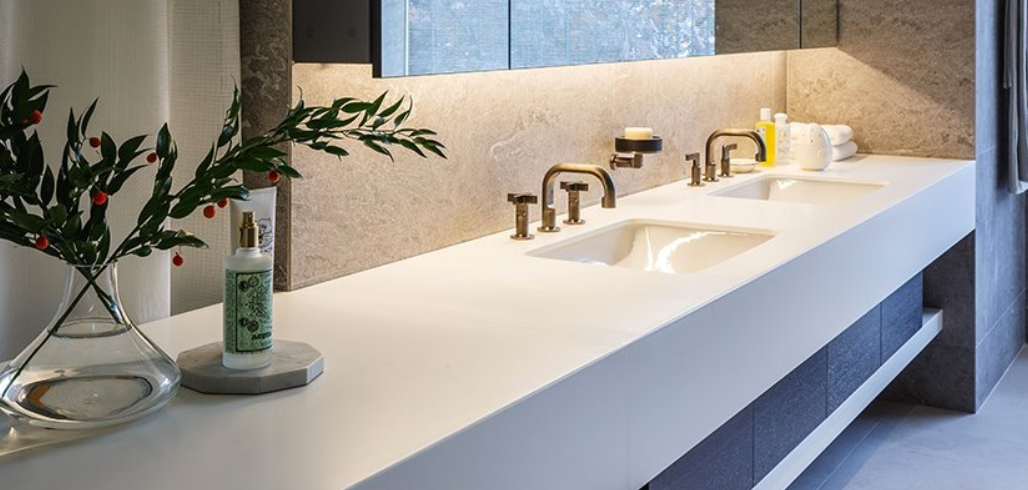
Sintered stone is also a great choice for bathroom surfaces due to its resistance to moisture and antibacterial properties. The non-porous and easy-to-clean finish makes it an attractive choice for bathroom countertops, backsplashes, shower surrounds, and flooring. It is even used as wall and floor coverings for swimming pools and spas. Because of these unique features, sintered stone is even being used on yachts. Its refined finish and resistance to corrosion, fire, and UV rays make it a great material for marine environments.
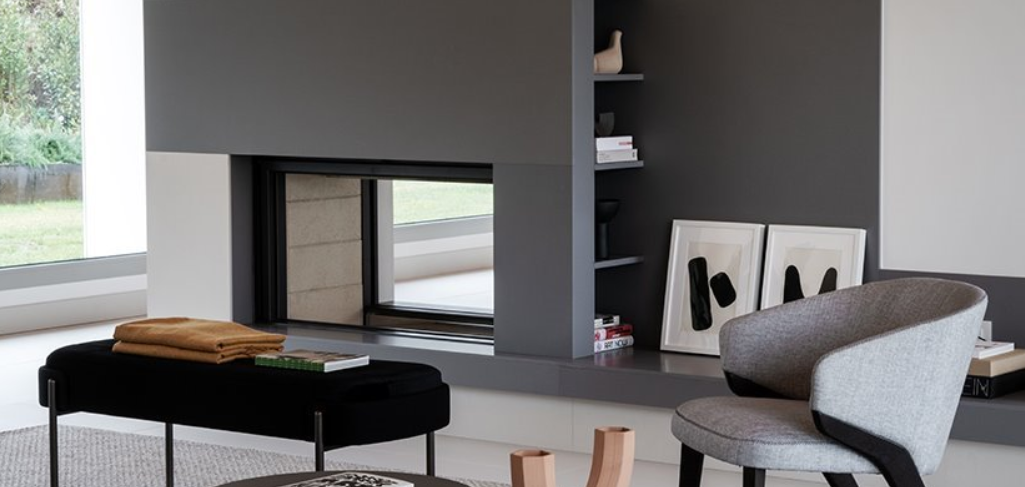
Inside the home, sintered stone is often used as flooring and stair cladding, as well as on walls, vertical surfaces, and doors, thanks to its resistance to scratches, and abrasions, as well as its large format. It is also being utilized to finish elegant, customized fireplaces.
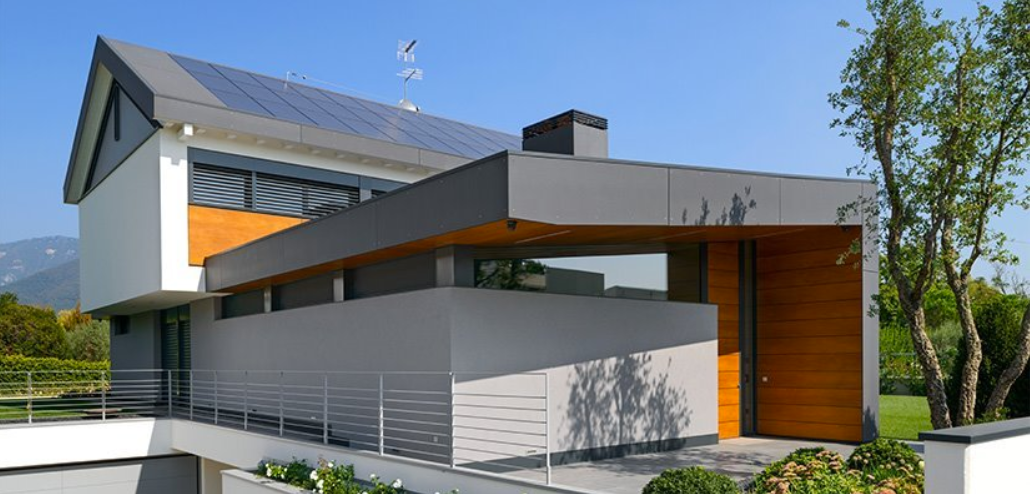
Outside of the home, sintered stone is even being used as external cladding for buildings. Its durability makes it an attractive choice for facades, flooring, and even roofing. As an external feature, its air curtain effect can help keep heat away from buildings, making it easier to cool the interior spaces. Overall, sintered stone is a versatile and durable material that can be used in a wide range of applications inside and outside of the home.
Lapitec Samples
Swatchbox carries Lapitec samples of sintered stone in over 30 color/finish options. UK and Europe professionals can request a sample of Lapitec Sintered Stone for free next-day or second-day delivery from Swatchbox.
Request a Sample of Lapitec (UK & Europe Only)
Sintered Stone Inspiration
Take a look at the diverse results that sintered stone can bring to a project with these inspirational locations around the world.
MV House, Veneto, Italy
Learn more about MV House
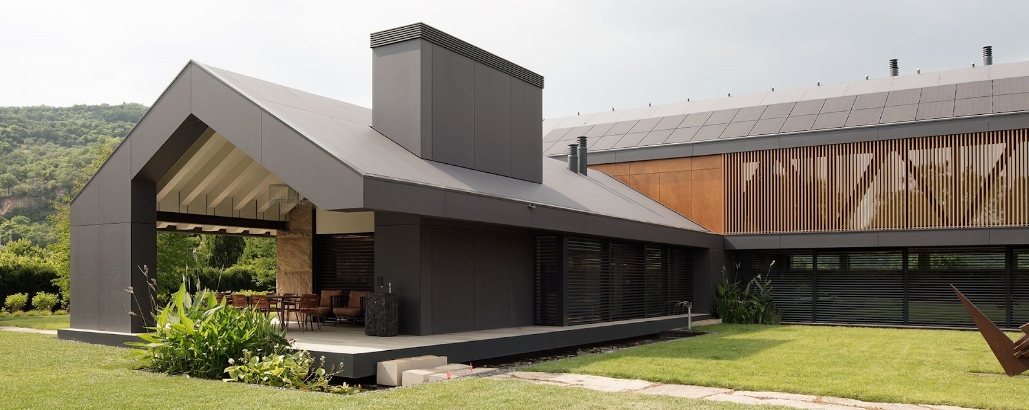
SIMYA Restaurant, London, UK
Learn more about SIMYA Restaurant
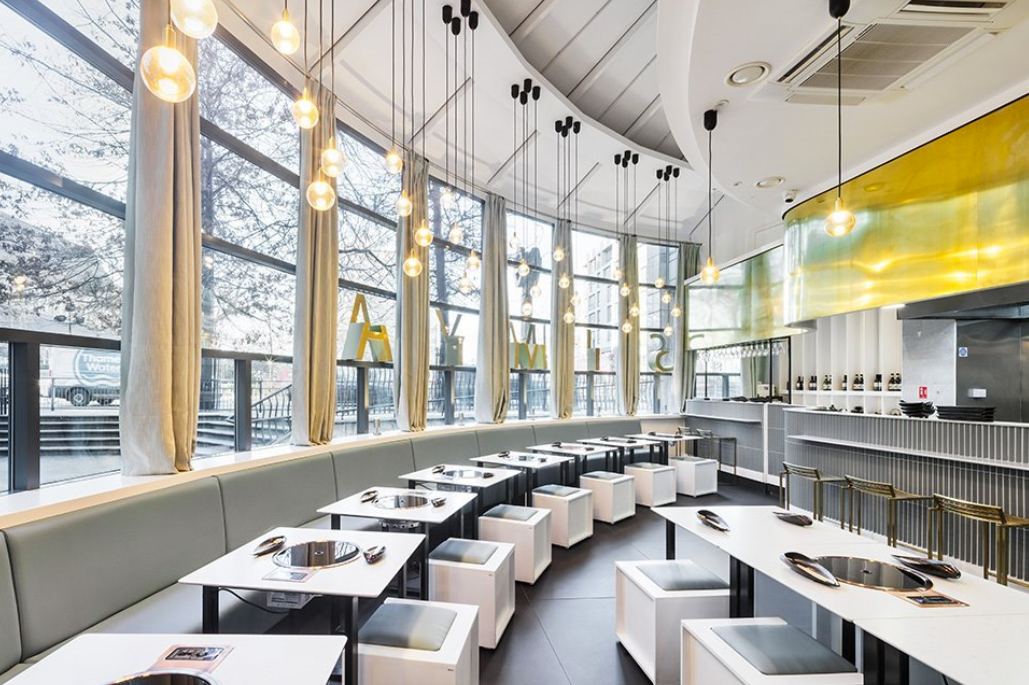
Aria Retreat & Spa, Como, Italy
Learn more about Aria Retreat & Spa
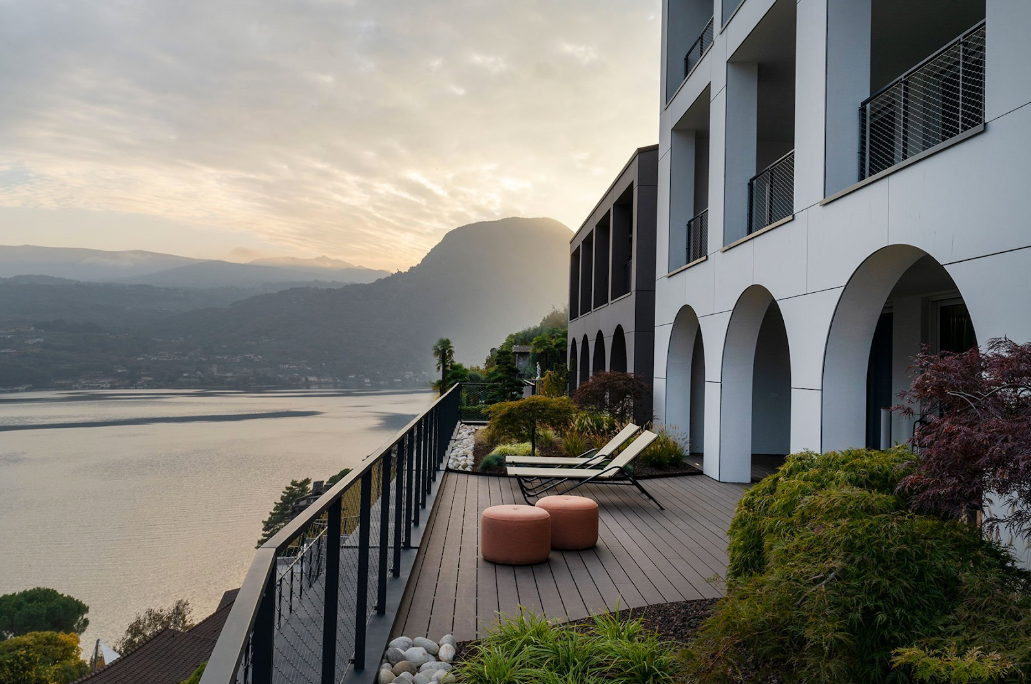
Auckland Domain House, Auckland, New Zealand
Learn more about Auckland Domain House
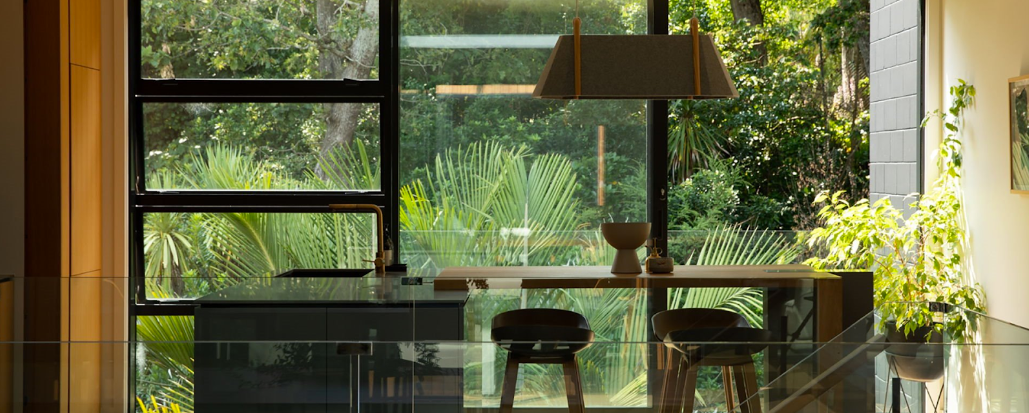
East End Gateway - Pennsylvania Station, New York City, New York
Learn more about East End Gateway

Villa Luce, Liguria, Italy
Learn more about Villa Luce
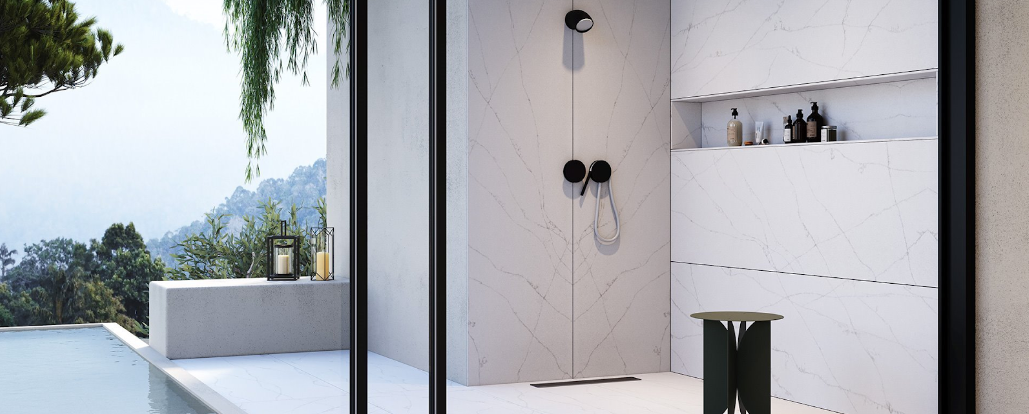
GR House, Sao Paulo, Brazil
Learn more about GR House
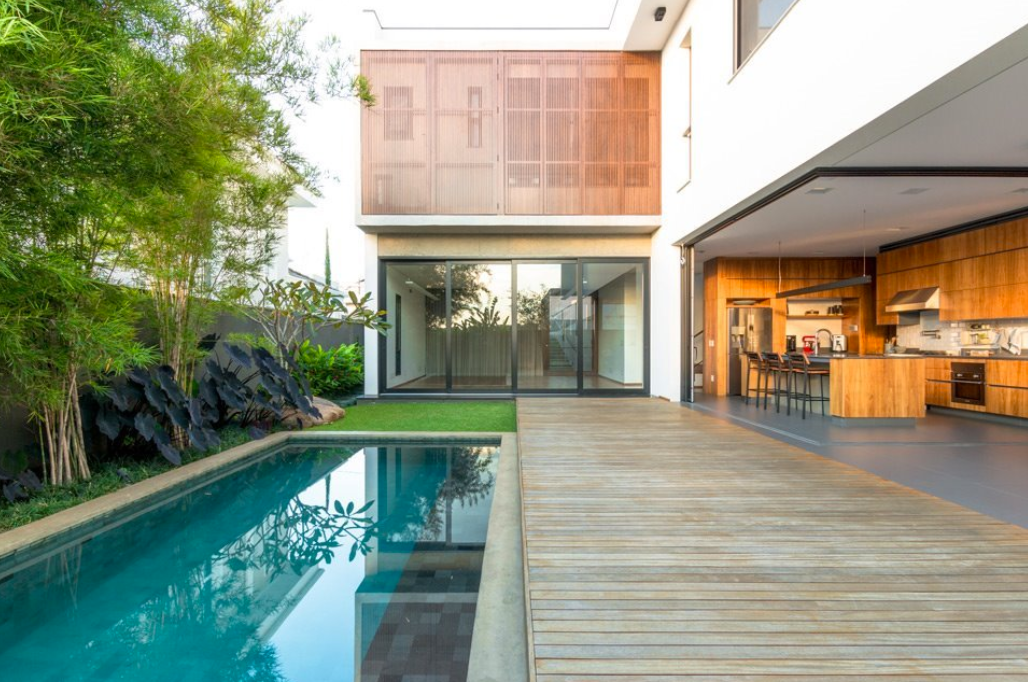
Azimuth Grande S8, Italy
Learn more about Azimuth Grande S8



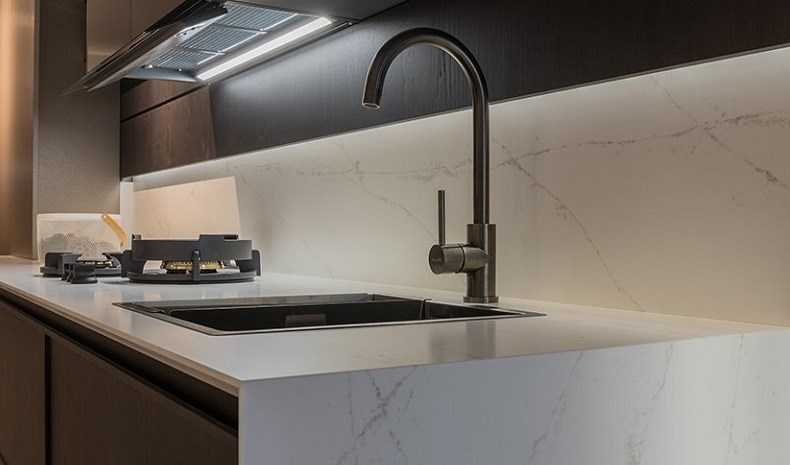


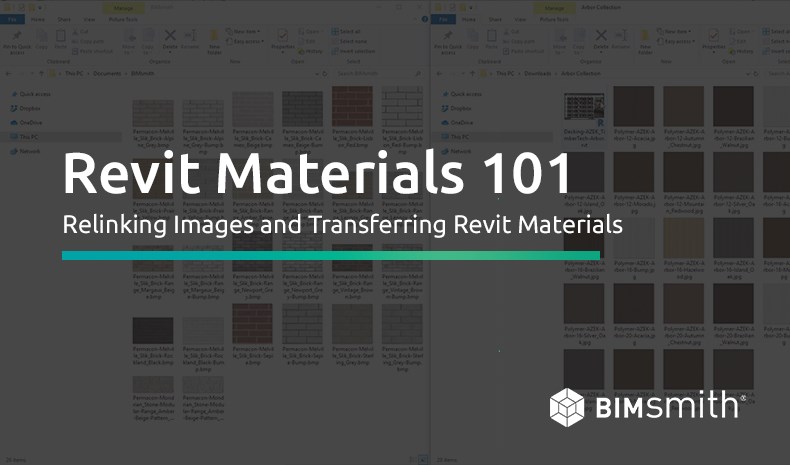
Comments